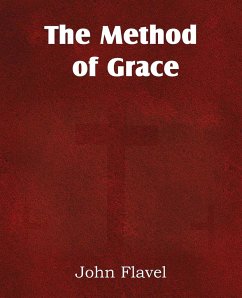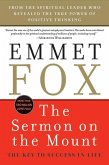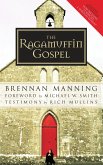The Methods of Grace is a through outline of the work of God's Spirit within the redemptive work of Christ. John Flavel delivers a defined theology, in the Puritan tradition, with great with evangelistic fervor. It is a work that has "...taught thousands how to commit the keeping of their souls to Christ." John Flavel was an English Presbyterian clergyman, puritan, and author educated at home and the University of Oxford. He was ordained as a Presbyterian, later a Congregationalist. Later as a nonconformist he was ejected during the Great Ejection of 1662. After the Declaration of Indulgence 1687, he became a minister of a Nonconformist Church there. He was a prolific and popular author. Among his works are Keeping the Heart, The Fountain of Life, The Mystery of Providence.
Hinweis: Dieser Artikel kann nur an eine deutsche Lieferadresse ausgeliefert werden.
Hinweis: Dieser Artikel kann nur an eine deutsche Lieferadresse ausgeliefert werden.









